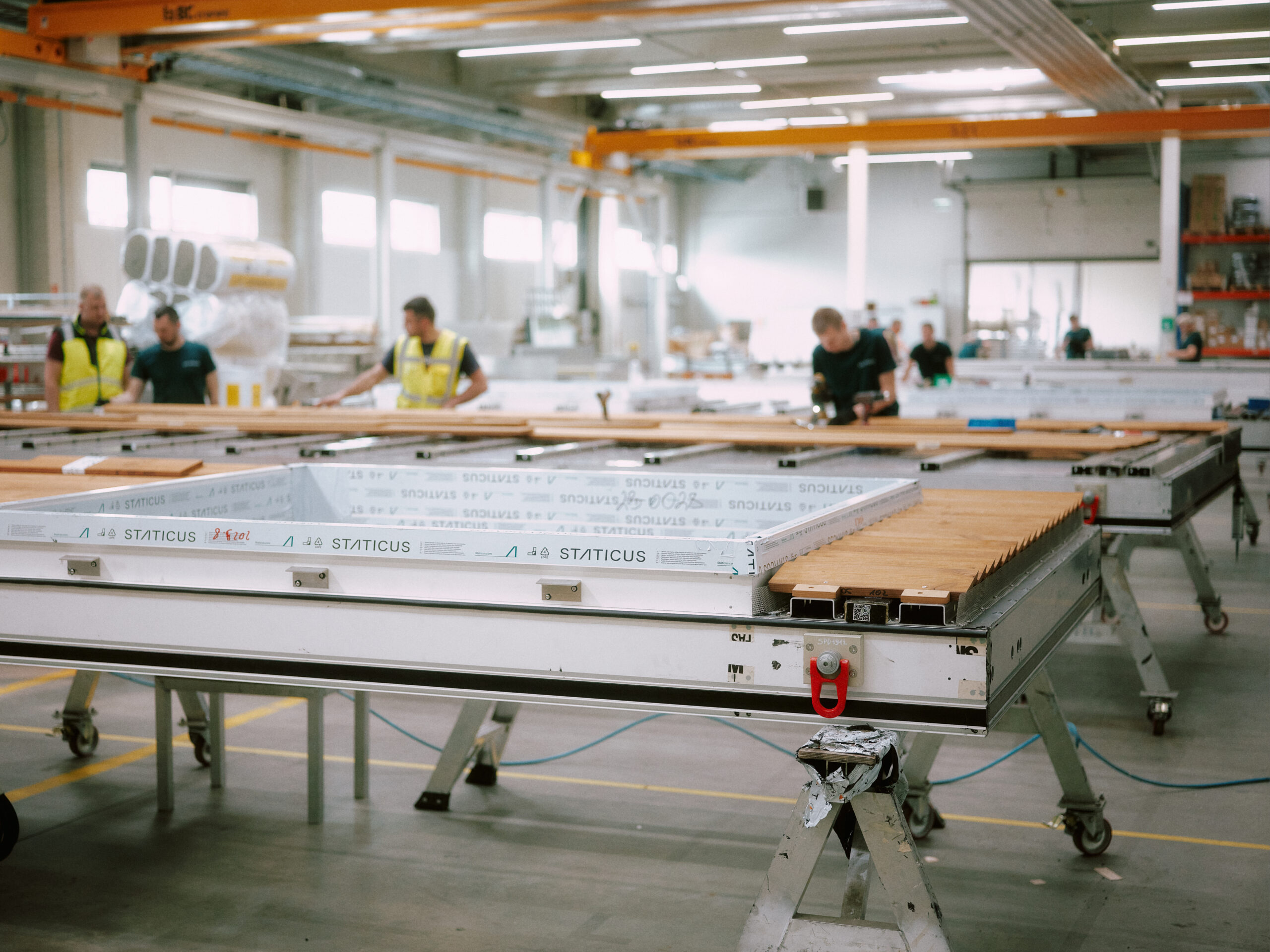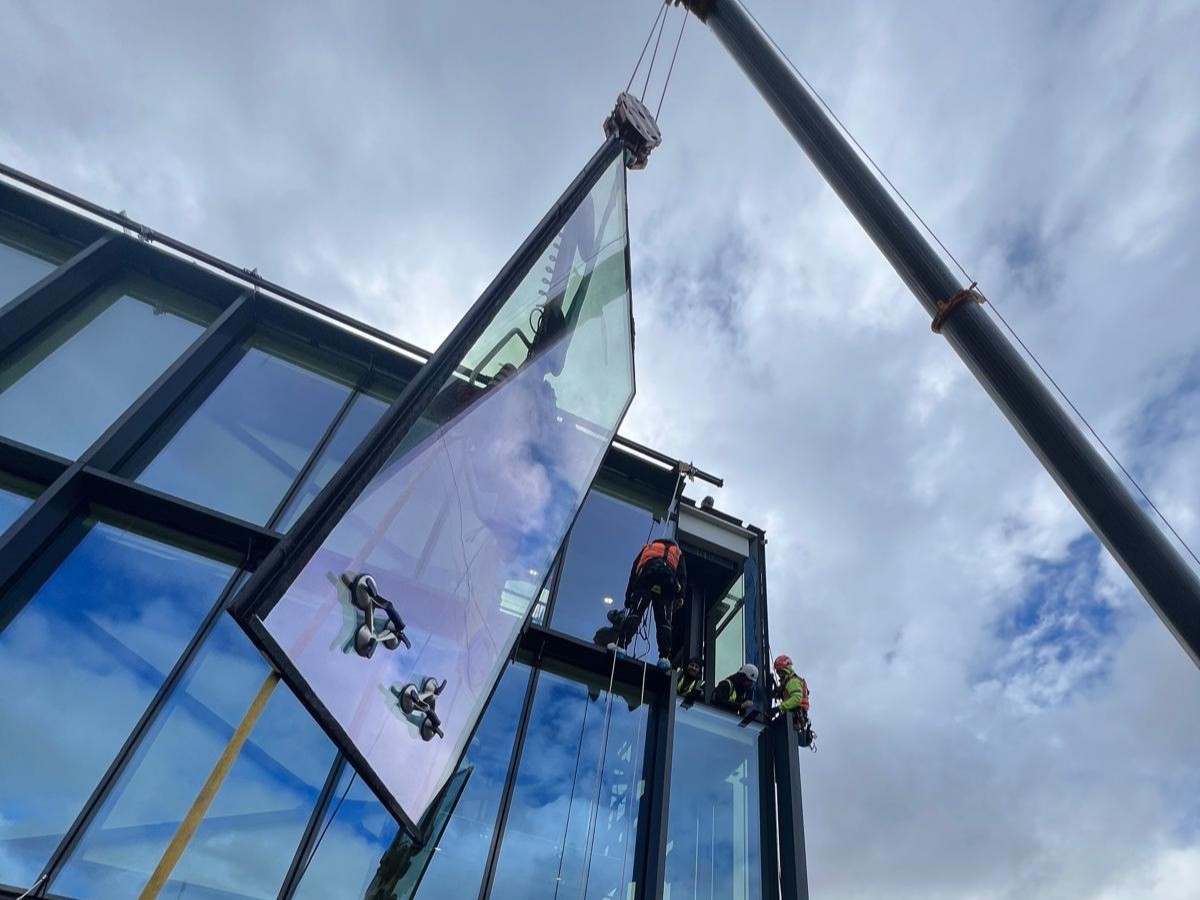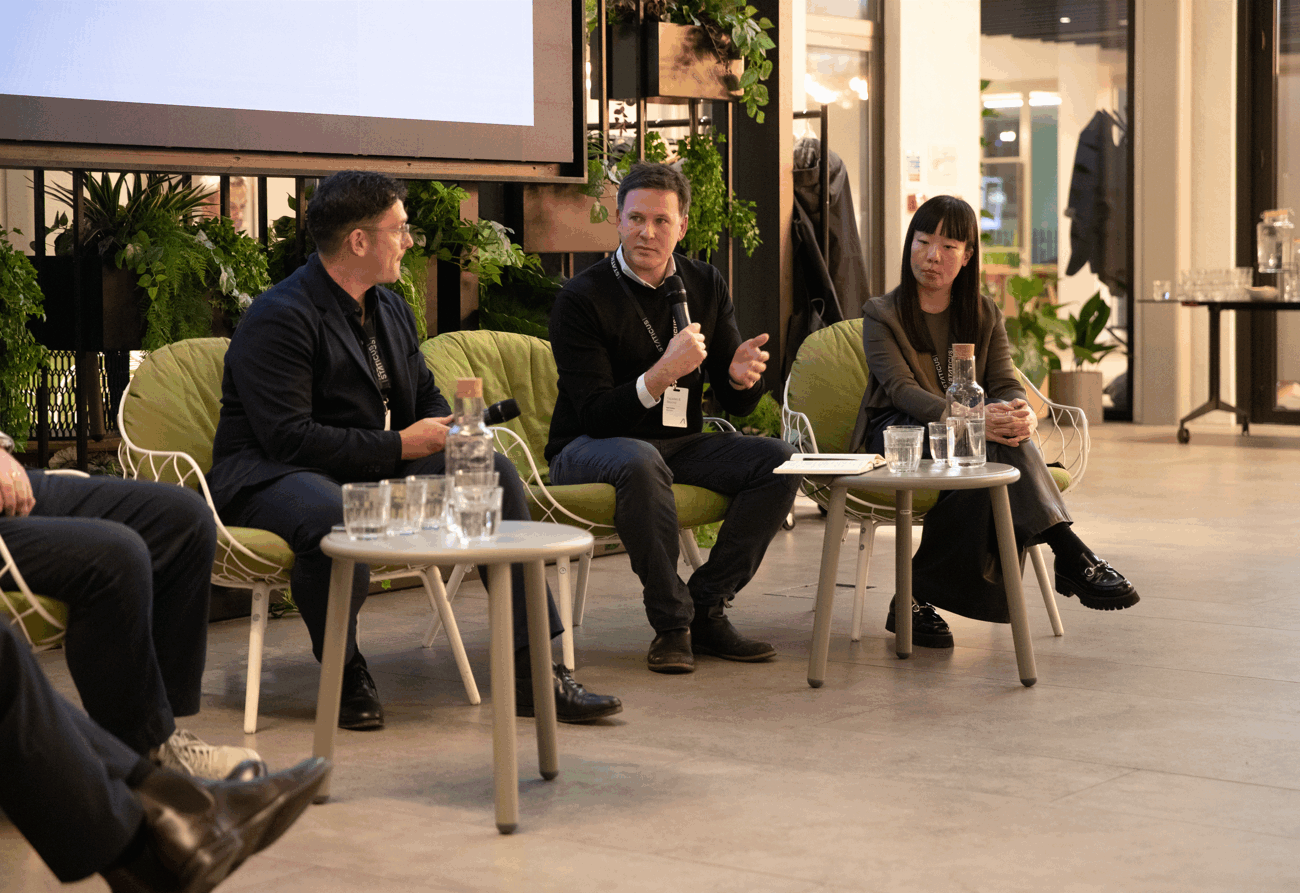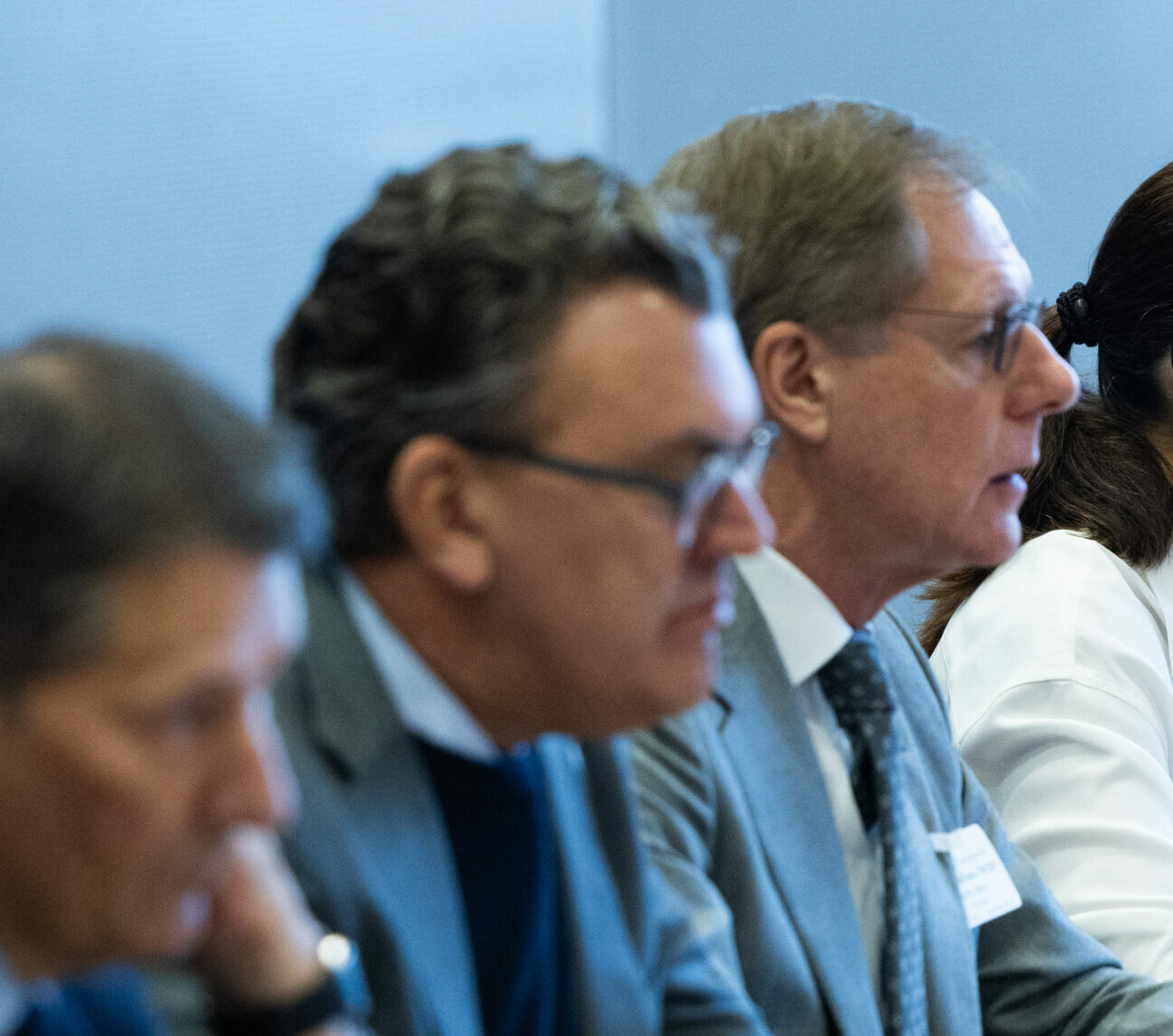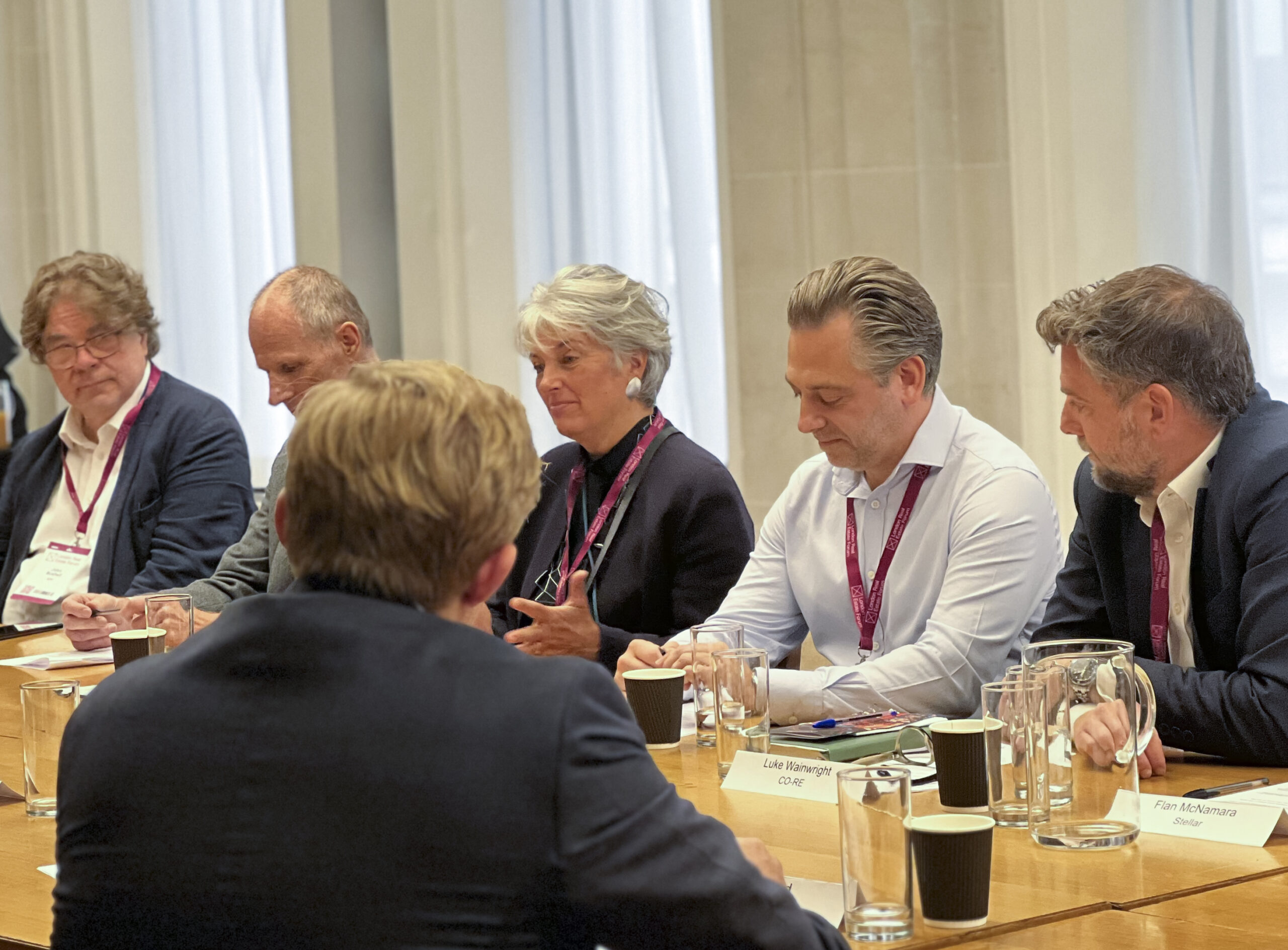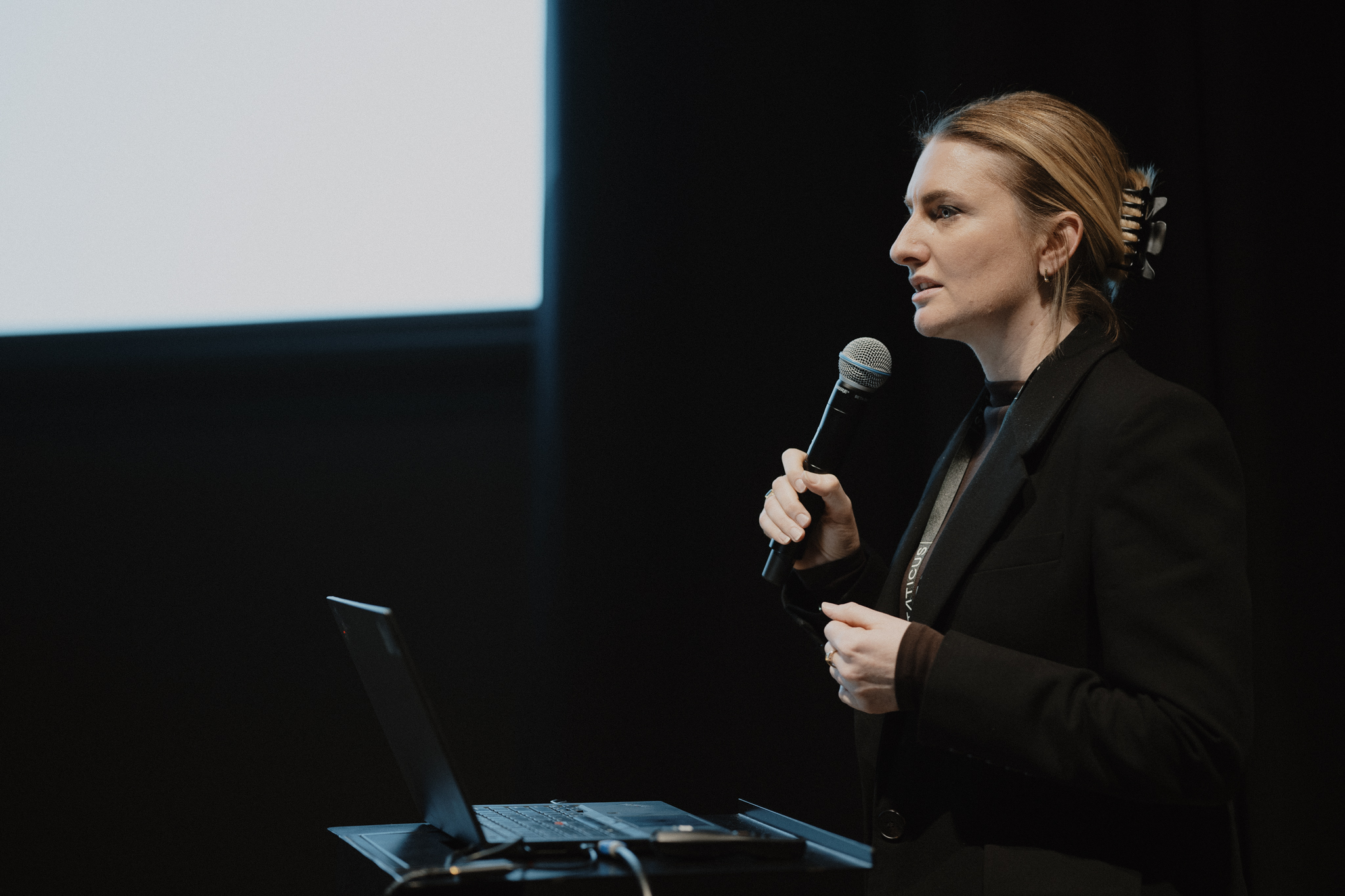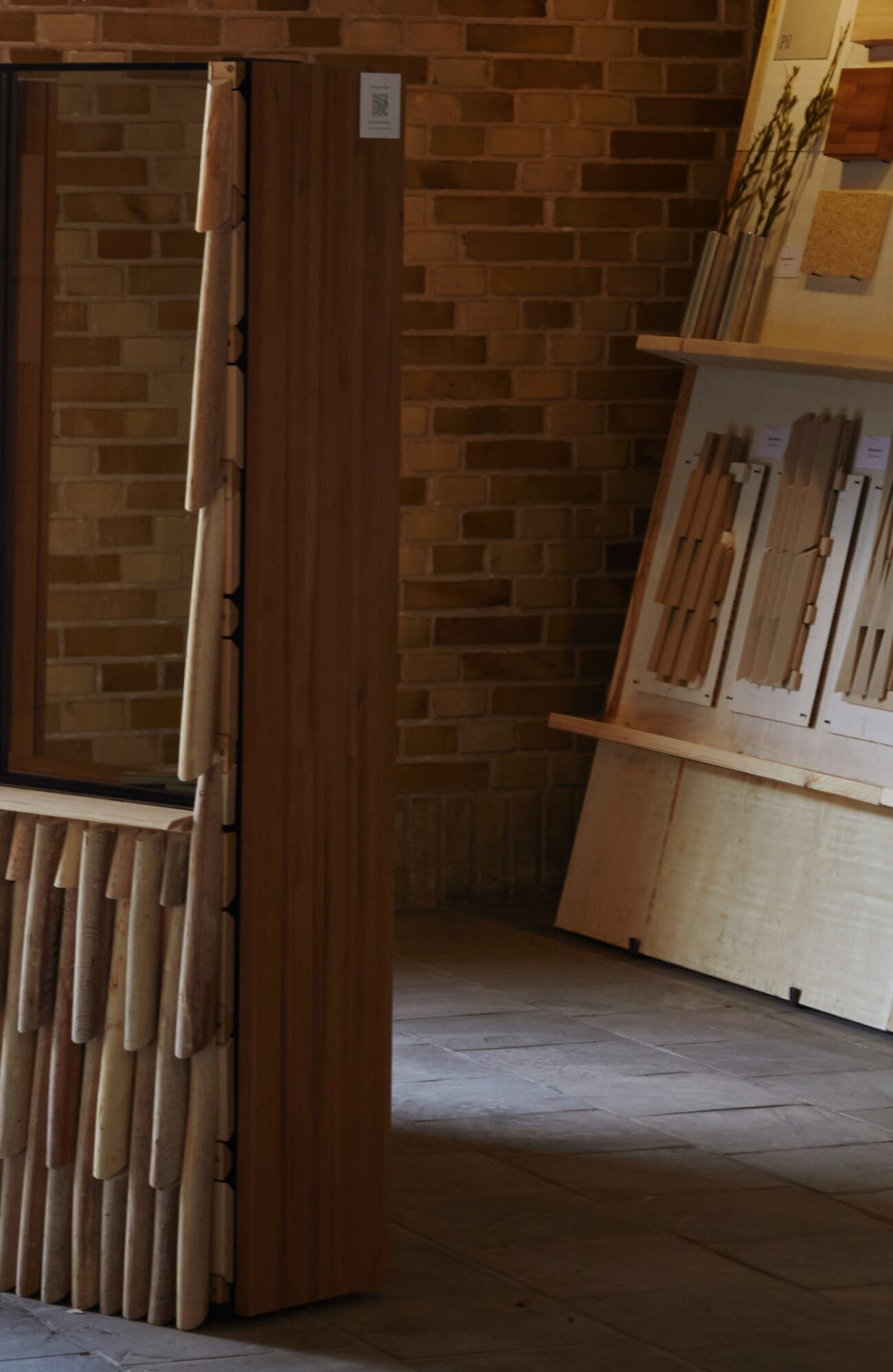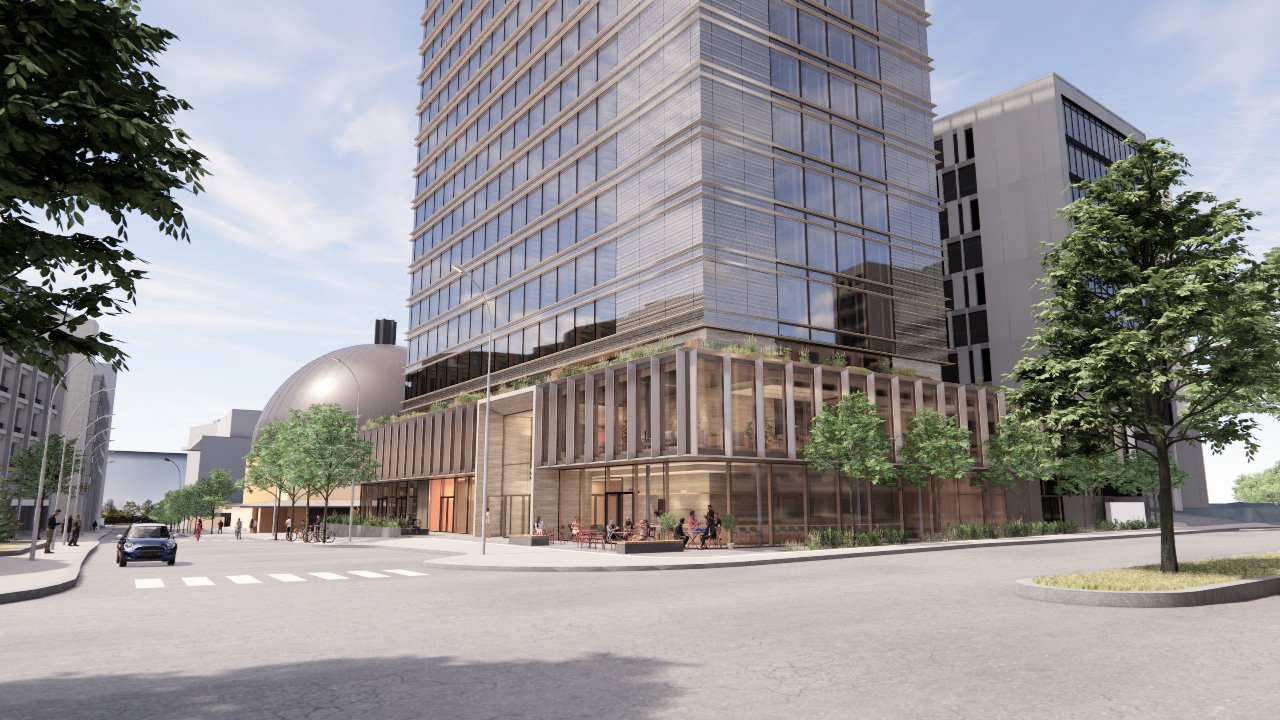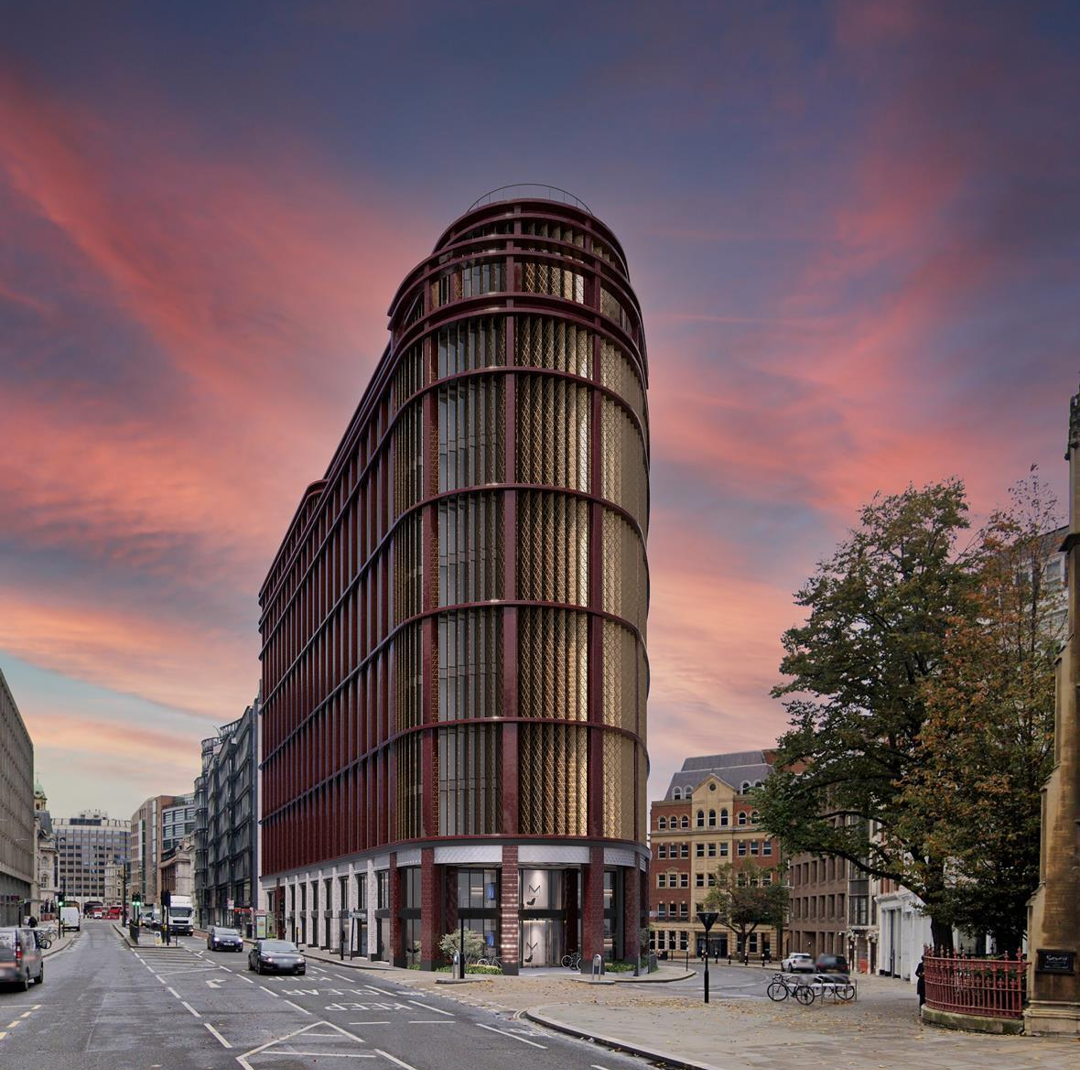This article is part of our new series on business resilience. Our goal with these articles is to be transparent with our stakeholders on the various ways we ensure our stability and security as we continue to grow and develop. This article focuses on initiatives to ensure our supply chain is robust, even as global shocks have put a strain on the construction sector in this area.
Staticus’ supply chain management strategy is based on collaboration. Our goal is to provide our suppliers with clear expectations, helping them to meet our high standards and be part of a robust supply chain that creates mutual benefits. For us, having a diversified and resilient supply chain ensures that we can meet our commitments to clients. This in turn enables us to build a strong pipeline of projects which our suppliers benefit from.
Key to this whole setup is a thorough approach to risk management and pricing, along with the high standards we set for our suppliers in terms of quality assurance (QA), sustainability and compliance. We asked Staticus COO Ignas Stasiukonis to share some details of our approach to building a resilient supply chain and what our suppliers can expect when they work with us.
The Staticus approach to minimising risk
As part of our comprehensive risk management framework, we are continuously working to ensure our supply chain is reliable, transparent and diversified. The past 4 years have highlighted how important this approach is. When the Far East locked down during the COVID-19 pandemic, many construction companies were strongly impacted in terms of sourcing the materials and components needed. The Russian invasion of Ukraine and instability around the Red Sea further highlighted the fragility of global supply chains.
In this context of disruption and unpredictability, Staticus has managed to consistently deliver on projects while growing our revenue and project pipeline.
Diversification and a focus on European suppliers
“We are continuously working hard to diversify our supply chain,” says Ignas. “This ensures we are not dependent on a single country, minimising our exposure to disruption. We focus on manufacturers in Europe. With our team located in multiple offices across the continent, we are able to reach our suppliers within 24 hours. We are also actively expanding the number of partnerships we have with contract manufacturers in Western Europe. This will enable us to transfer production if there are bottlenecks as we take on more large-scale projects. It will also ensure our own production processes remain competitive – we will be comparing our practices with those of facilities with highly efficient set ups.”
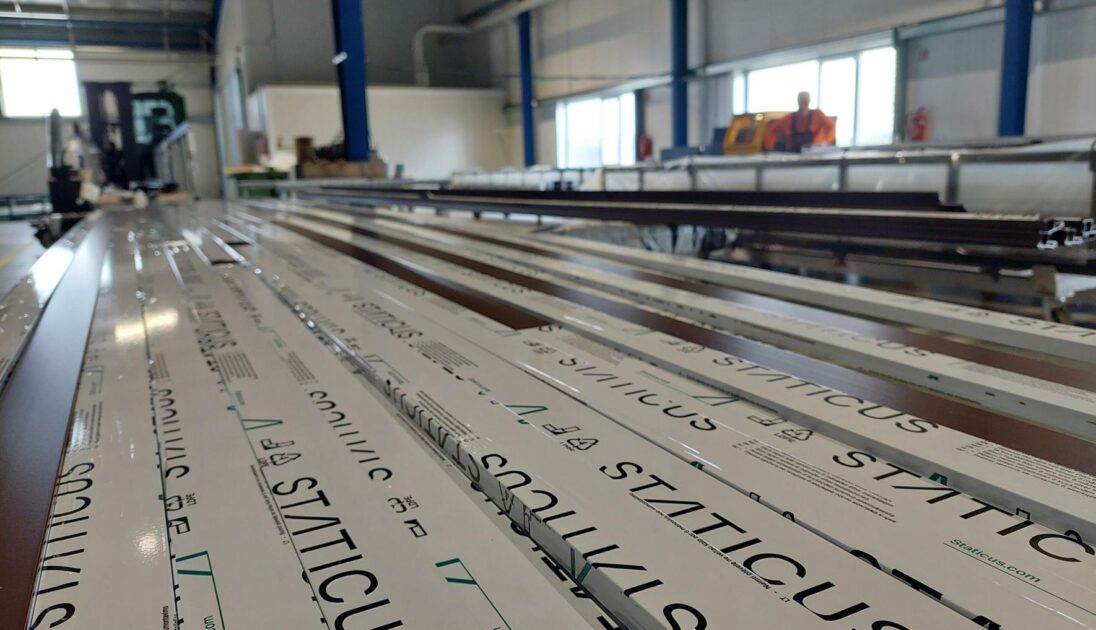
Pricing based on a unique negotiation strategy
“Our approach to negotiation is quite unique within the industry,” explains Ignas. “We have worked closely with world-renowned negotiation expert Keld Jensen to build a negotiation strategy based on mutual benefit. The foundation for this approach is to identify a wide range of variables that are important, not simply product price. Negotiating agreements in this way makes it easier for us to deliver on time, on budget and with the necessary quality levels. It also enables us to build up buffers to mitigate unexpected risks and avoid price shocks, ensuring every party is in a position to deliver.”
Then, by putting in place framework agreements, we are in a position to minimise our exposure to disruptions while establishing strong long-term partnerships with our suppliers.
High expectations for our suppliers
What can suppliers expect from a partnership with Staticus?
“We have high standards for our suppliers,” comments Ignas. “The criteria for working with us is clear – along with being on a strong financial footing, we look for transparency in sustainability, quality and working practices.”
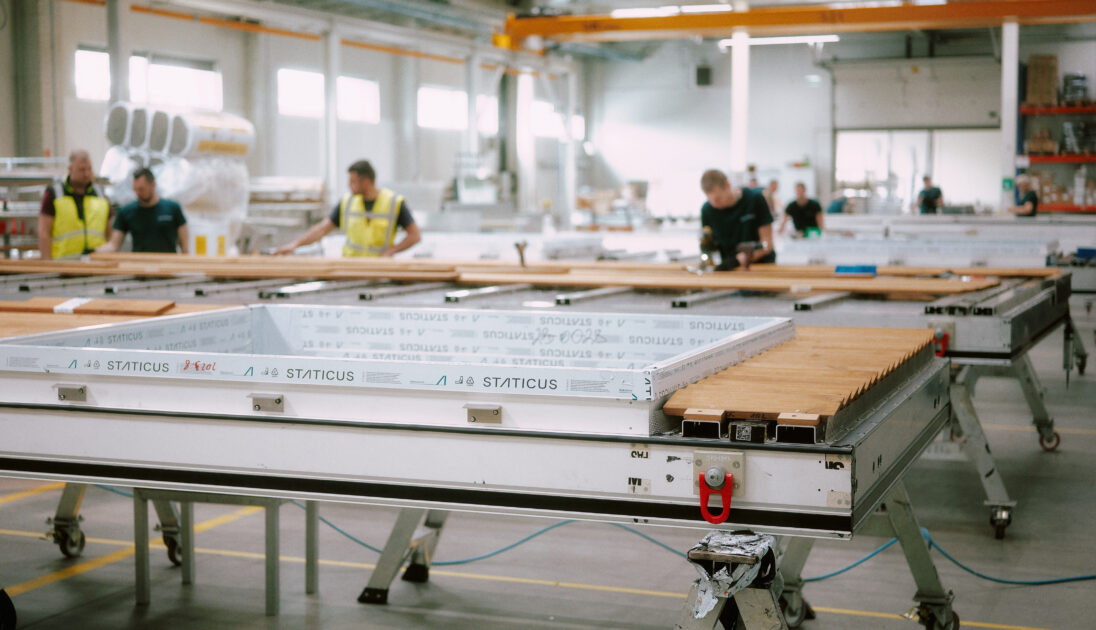
Due diligence and transparency for every partner
“We conduct in-depth due diligence on our suppliers. We assess their key financial indicators, along with their track record, any legal claims, their QA system, their certification and other documents during the prequalification process. We then conduct an annual review.”
“We have robust transparency and ethical business practices in place. We choose suppliers who can demonstrate that they pay fair salaries, meet human rights standards such as not using child labour, and meet anti-corruption standards.”
“We are careful to screen any potential suppliers in terms of who they are working with. We use a blacklist to ensure none of our projects involves materials or components sourced from black-listed countries, which is not only ethically right but also protects us from upheavals. For example, our supply chain was not directly affected by the russian invasion of Ukraine because none of our suppliers have ties with russia or Belarus.”
Sustainability credentials
Given that resource extraction and component production account for a significant proportion of a façade’s embodied carbon, we place high importance on understanding our supply chain partners’ sustainability credentials.
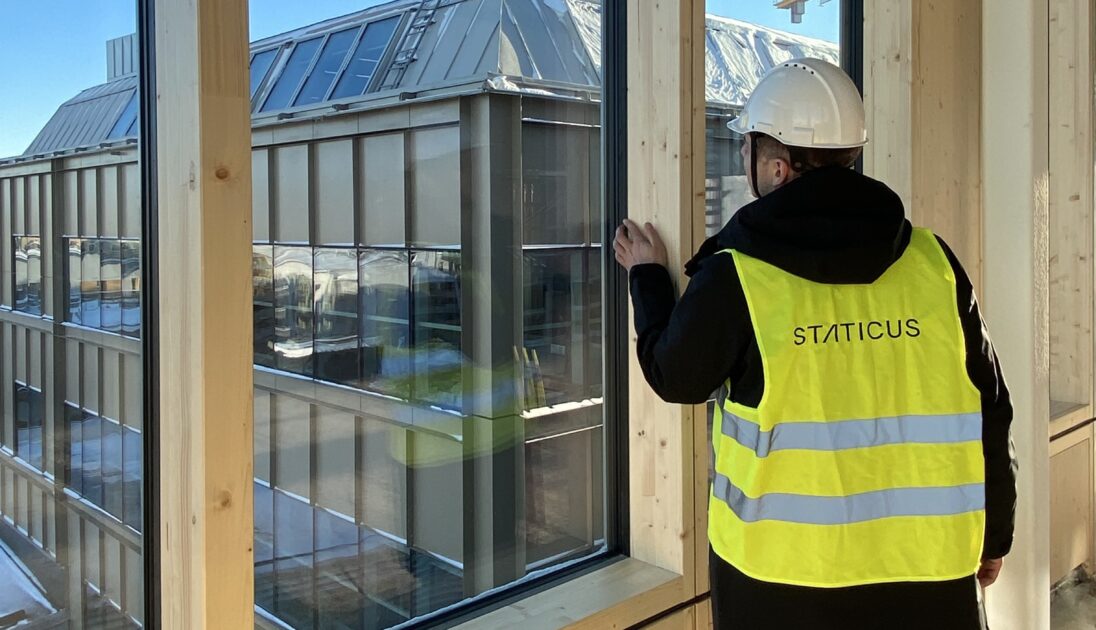
“We require our raw material strategic suppliers to provide sustainability certificates including Environmental Product Declarations (EPD’s), and FSC or PEFC certificates for wood. The fact that we work mostly with companies in Europe is important. Sustainability and transparency are already well-harmonised here compared to other regions, and companies are already oriented around these priorities,” comments Ignas.
The shared benefits from a resilient supply chain
We focus so strongly on building resilience into our supply chain because this approach facilitates growth and brings benefits to all of our stakeholders.
In the context of significant uncertainty and upheaval in the past 4 years, we have grown steadily from EUR 60 million in 2020 to over EUR 100 million in 2023. This has only been possible thanks to our ability to navigate supply chain shocks successfully during this period.
We are not the only beneficiaries of this success. Our clients have received high-quality projects, with minimal or no disruption in terms of budgeting and schedules. And, on the other hand, our strategic suppliers are also benefiting. Our strong track record is enabling us to secure more top-tier, large-scale projects. And this means a steady stream of orders to our carefully selected suppliers, bringing them revenue and greater security for the future.
